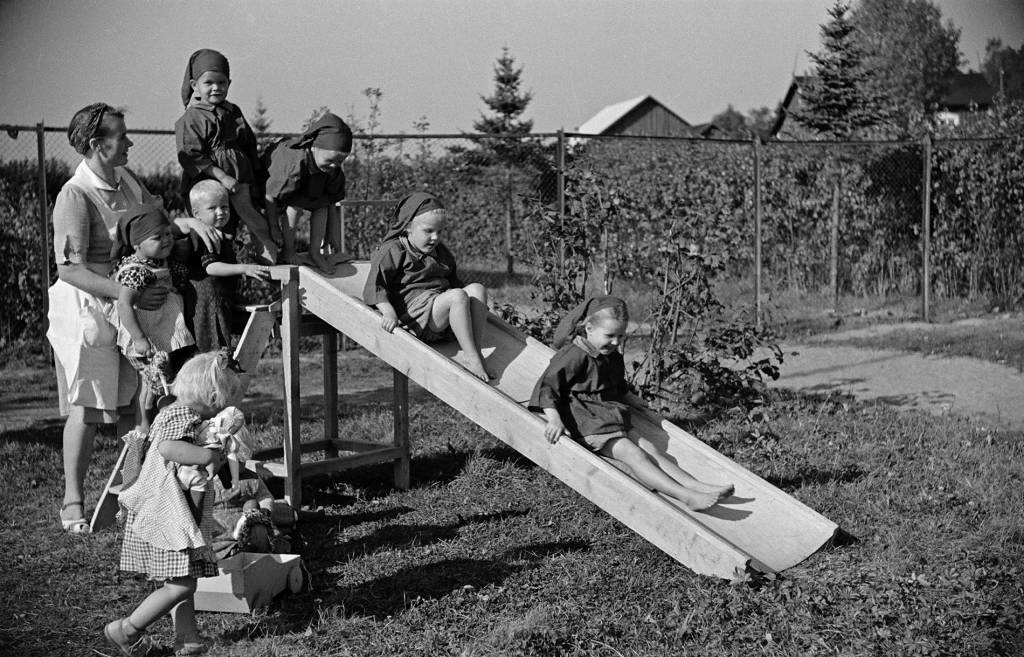The concept lived welfare state provides a new approach to the building, legitimation, success and failures of the welfare state. The Nordic welfare states, renowned for universalism and equality, still present a globally appealing goal for social development. In daily life, welfare states materialize through the ways in which people experience various benefits, social services, and the institutions that provide (or do not provide) those benefits and services. Terms such as solidarity, equality, reciprocity and trust, which often define the welfare state, refer to the significance of everyday experiences. In the theme group Lived welfare state we will focus on conceptualized experiences and experienced concepts, such as society and care, as well as institutionalized experiences and experienced institutions, such as poor relief and child welfare. Understanding the lived welfare state demands a long-term analysis of the institutional and discursive historical layers of earlier poverty policies.


